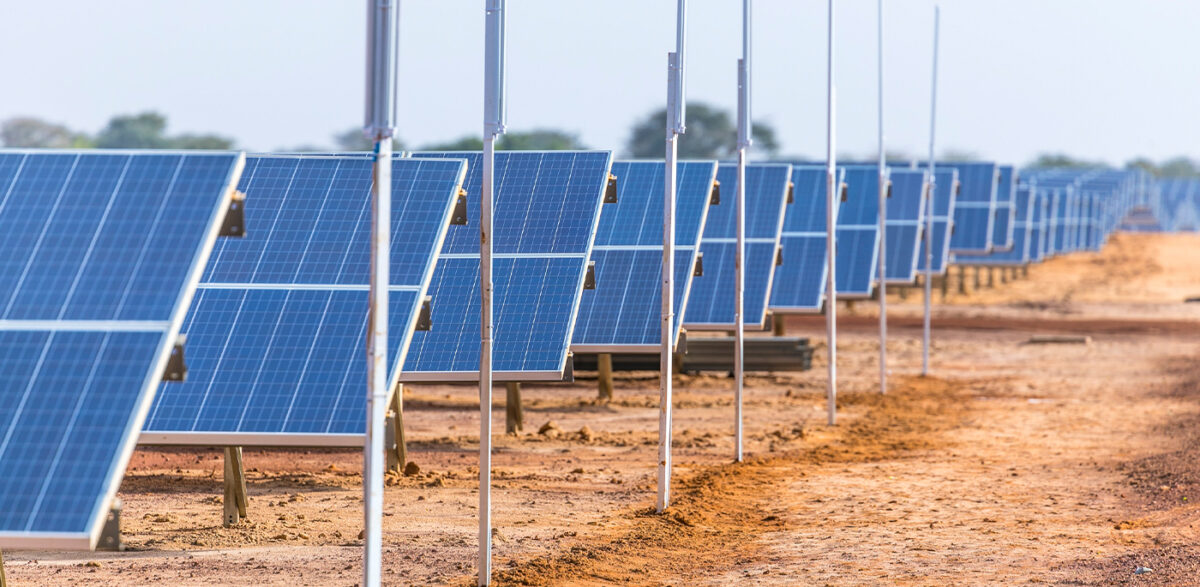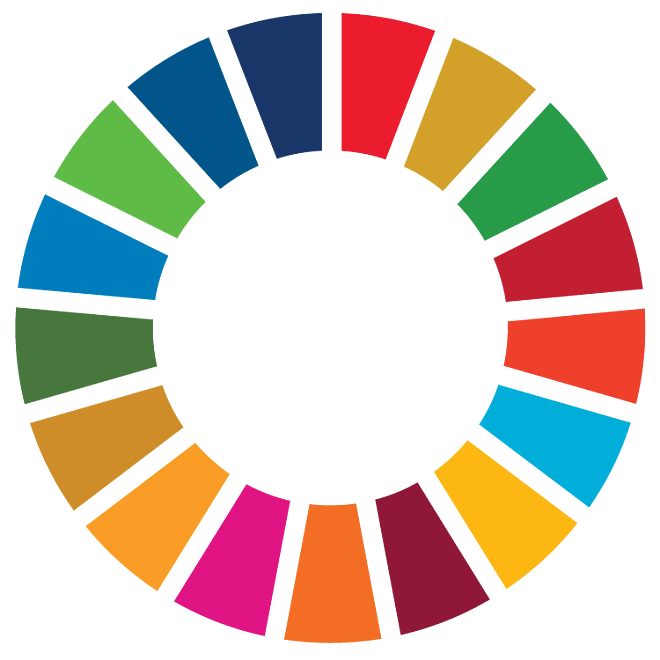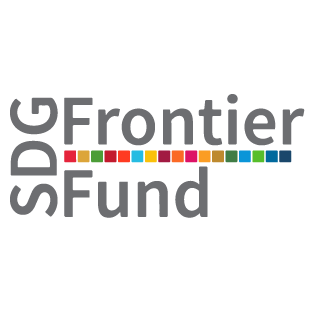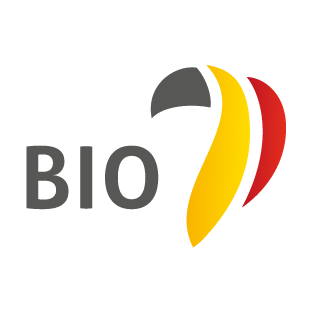
Impact and Sustainability
Strong Project Selection
BIO meticulously evaluates potential investments for their contribution to development objectives. 2023 investments focused on local economic growth, private sector strengthening, and good environmental and social practices. Notably, a record two-thirds target climate change mitigation.
Maximising Impact
BIO goes beyond finance. Every project undergoes a comprehensive evaluation to ensure its success and positive social and environmental outcomes. In 2023, 100% of approved investments demonstrated significant financial additionality, and 19 projects are expected to deliver non-financial benefits in environmental and social risk management.
Continuous improvement
BIO is dedicated to refining its development impact monitoring and evaluation framework. Key achievements in 2023 include implementing updated tools for evaluating project impacts and development impact monitoring, as well as initiating discussions for improved end-of-project reports incorporating customer feedback. These advancements resulted in an impressive 86% reporting rate for the entire portfolio in 2023.
Collaboration for impact
BIO actively fosters knowledge exchange and collaboration with other development actors. Examples include consulting with Belgian cooperation actors, partnering with Enabel on projects, and participating in the launch of the Joint Impact Model (JIM) 3.0.

Aligning with the SDGs
BIO prioritises six Sustainable Development Goals (SDGs) and showcases how its 2022 portfolio contributes to these global challenges in its annual Development and Sustainability Report.
A new management contract was negotiated in 2023. Along with it comes a new fit-for-purpose investment strategy, ensuring the operationalisation of BIO’s mandate and setting the pathway to reach 10 strategic impact targets, aligned on three major axes.
Economy
- Target 1: Projects targeting substantial direct or indirect jobs creation
- Target 2: Projects contributing to access to funding, banking, insurance and other financial services for SMEs
- Target 3: Projects contributing to access to funding, banking, insurance and other financial services for microenterprises and individuals
Social
- Target 4: Projects contributing to reducing inequalities among countries
- Target 5: Projects contributing to reducing inequalities within countries
- Target 6: Projects contributing to gender equality
Environment
- Target 7: Projects contributing to climate change mitigation and climate change adaptation as principal objective
- Target 8: Projects contributing to climate change adaptation as significant objective
- Target 9: Projects contributing to biodiversity conservation and sustainable management of natural resources
Partnerships
- Target 10: Projects benefitting from technical assistance
BIO was happy to welcome Minister Caroline Gennez on 18th October 2023 for a special screening of the thought-provoking film "Duty of Care" of the Flemish director Nic Balthazar at Cinema Nova. The film emphasises the shared responsibility of governments and corporations in addressing climate change, and how citizens can use the law to remind them of this.

The Sustainable Development Goals (SDGs) are a universal call to action to end poverty, protect the planet and ensure that all people enjoy peace and prosperity.

Successful sustainability outcomes depend on joint efforts from BIO, its clients and often third parties. The E&S Strategy and Policy presents BIO’s environmental and social commitments, the principles we apply and how they are translated into our investment process and operational activities. Also presented is BIO's Decent Work policy.

One of BIO’s missions is to Support Climate and Ecological Sustainability of Private Entrepreneurship in Emerging and Developing Markets

The Theory of Change (ToC) has a purpose to provide a comprehensive description of BIO’s contribution to the 2030 agenda. BIO’s ToC has been completely revised to integrate the SDGs and sets out the logic of BIO interventions, by outlining linkages between inputs, outputs, outcomes and finally (expected) development impacts, i.e. inclusive and sustainable economic growth, in line with SDG1.

BIO's 2024-28 management contract aims to assess development and sustainability impact at both strategic and project levels. It is from this renewed ambition that BIO's new evaluation plan originates.

BIO hereby affirms its status as a Signatory to the Operating Principles for Impact Management.









